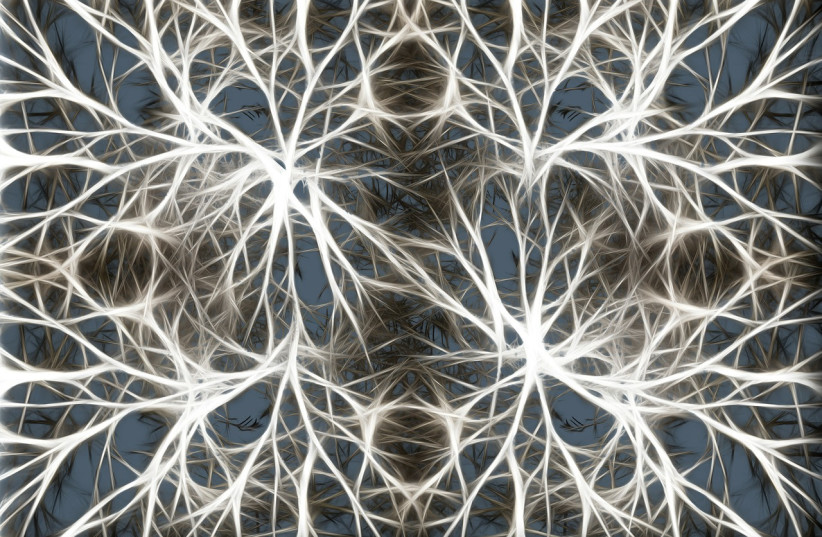Could developmental dyslexia play an essential role in human adaptation, rather than function as a debilitating neurocognitive disorder?
That is exactly what this new study is suggesting.
Published in the peer-reviewed academic journal Frontiers in Psychology, the study argues that those suffering from developmental dyslexia may in fact be equipped with specific strengths in exploration that have helped humanity survive to this day.
Background
Developmental dyslexia is defined as an unexpected difficulty in reading in both children and adults who are otherwise intelligent, motivated and suitably educated to the point where they should have no trouble reading.
To put it more simply, it's a reading disorder where people who suffer from it have difficulty reading and do not at the level of fluent literacy that someone their age should possess.

There is variation among those who suffer from it. Some struggle with spelling, some with writing, some with comprehension and more.
The cause of this is unclear, but it is a fact that dyslexia itself is the single most common form of learning disability worldwide.
As such, it is unsurprising that many prominent figures throughout history have suffered from it in some form or another.
Regardless, many people who suffer from dyslexia are often characterized as debilitated in some way. But this new study flips this on its head.
<br>The study
The researchers behind the study argued that rather than being a pure disability, people who suffer from dyslexia actually possess certain strengths. This is particularly the case in terms of discovery, invention and creativity.
To better understand this, the researchers carried out a first-of-its-kind cross-disciplinary approach with an evolutionary perspective.
Essentially, the researchers reexamined other studies while using the framework of cognitive search, a model examining how individuals process and identify resources, information and ideas.
Specifically, it highlights a sort of psychological and cognitive trade-off that is seen as essential to adaptive success.
This idea itself is rooted in the complementary cognition theory, which supposes the early humans evolved in such a way to have different ways of thinking that let humans adapt by collaborating together in an unstable environment.
What this means when applied to this topic is that, ideally, people with dyslexia should be using this method to adapt better, find resources and information in different and possibly more efficient ways and come up with innovative solutions to problems.
Essentially, many people with dyslexia seem better fit for experimentation, innovation, exploration and more. Others are more focused on exploiting existing resources and knowledge.
In other words, explorers, which would be people with dyslexia, in this case, are better suited for searching the unknown. Exploiters, which would be everyone else, are better at dealing with what's already known.
And according to the researchers, their findings back this idea up and could provide us with a way to better understand the cognitive strengths, rather than disabilities, of people with dyslexia.
“Considering this trade-off, an explorative specialization in people with dyslexia could help explain why they have difficulties with tasks related to exploitation, such as reading and writing.”
Dr. Helen Taylor
“Considering this trade-off, an explorative specialization in people with dyslexia could help explain why they have difficulties with tasks related to exploitation, such as reading and writing,” lead author Dr. Helen Taylor of the University of Cambridge said in a statement.
“It could also explain why people with dyslexia appear to gravitate towards certain professions that require exploration-related abilities, such as arts, architecture, engineering, and entrepreneurship.”
A major implication for this study would be in the field of education. The explorative way of thinking for people with dyslexia cannot be adequately utilized in a classroom, where education is primarily seen as a way to reproduce known information rather than be innovative and discover the unknown.
It is therefore unsurprising that people with dyslexia suffer in academic environments as they are unable to take advantage of their strengths.
As such, the researchers argue that developing new means of education that can benefit those with more explorative ways of thinking like those with dyslexia and let them take advantage of these strengths.
